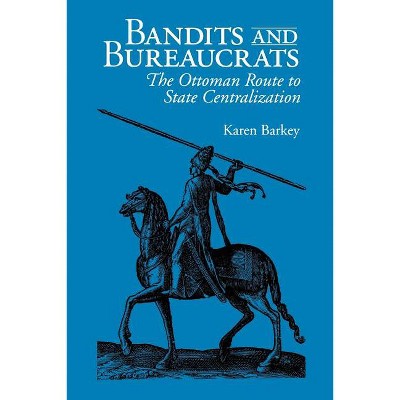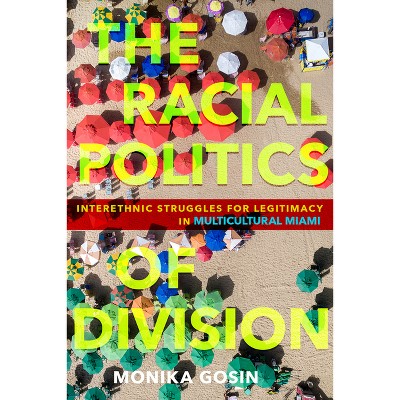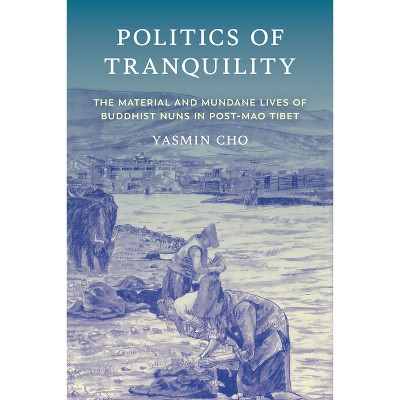Sponsored

China's Motor - (Wilder House Series in Politics) by Hill Gates (Hardcover)
In Stock
Sponsored
About this item
Highlights
- "Gates is a Marxist anthropologist with chutzpah.
- About the Author: Hill Gates is Lecturer in the Department of Anthropology at Stanford University.
- 344 Pages
- Business + Money Management, Free Enterprise & Capitalism
- Series Name: Wilder House Series in Politics
Description
About the Book
This monumental work reveals the continuities that underlie the changing surface of Chinese life from late imperial days to modern times.
Book Synopsis
"Gates is a Marxist anthropologist with chutzpah. Best known for her compelling portrayal of contemporary working-class Taiwanese, she considerably broadens and deepens her analysis of China's socioeconomy in this work."--ChoiceThis monumental work reveals the continuities that underlie the changing surface of Chinese life from late imperial days to modern times. With a perspective that encompasses a thousand years of Chinese history, China's Motor provides a view of the social, economic, and political principles that have prompted people in widely varying circumstances to act, believe, and behave in ways that are labeled as Chinese.This original reinterpretation of Chinese culture, as meticulous in detail as it is vast in scope, will revise not only the study of China but also the very terms of social analysis.
From the Back Cover
This monumental work reveals the continuities that underlie the changing surface of Chinese life from late imperial days to modern times. With a perspective that encompasses a thousand years of Chinese history, China's Motor provides a view of the social, economic, and political principles that have prompted people in widely varying circumstances to act, believe, and behave in ways that are labeled as Chinese. Hill Gates identifies two modes of organization in Chinese society: the petty capitalist mode, through which small producers structure economic activities, and the tributary mode of state-centered initiatives. Applying these analytic categories, Gates renders transparent some of the contradictions in Chinese life. Important among these are an adeptness at simultaneously creating hierarchies of distribution and rough-and-tumble competition; an extraordinarily strong kinship system that nonetheless permits infanticide and the sale of family members; popular religious beliefs that deify bureaucratic power while revering egalitarian transactions between gods and humans; and gender relations that both emphasize and undermine female power. In each instance, Gates reveals the workings of the dialectic between tributary and petty capitalist action, drawing evidence from the history of urbanization and the gendered division of labor, from kinship studies, from folk ideologies, and from economic development in Taiwan and the People's Republic of China.Review Quotes
Gates is a Marxist anthropologist with chutzpah. Best known for her compelling portrayal of contemporary working-class Taiwanese, she considerably broadens and deepens her analysis of China's socioeconomy in this work.
-- "Choice"About the Author
Hill Gates is Lecturer in the Department of Anthropology at Stanford University. She is the author of Chinese Working-Class Lives: Getting By in Taiwan, also from Cornell.
Shipping details
Return details
Trending Non-Fiction











